Once you have purchased your ski property – be it a large family home in Aspen or an apartment in the Swiss Alps – you will have ongoing costs thereafter.
If you live in a country with a different currency from the one your ski property is in, then you will also have to contend with fluctuations in the exchange rate. Getting the help of a property specialist like Smart Currency Exchange, setting up a regular payment system, and locking in a rate with a forward contract, will simplify budgeting and streamline paying the ongoing costs of your ski home.
What will the ongoing costs of your ski home be?
Decorating and furnishing
First of all, your property could require decorating and furnishing. It could be anything from a complete renovation to a lick of paint to nothing at all. If you are currently searching for a ski home, it’s important to consider how much decorating you are willing to do and can budget for. You may enjoy the project of making a ski property feel like it is completely yours. Alternatively, you may just want to turn the key in the door and step inside.
Running costs
Then, you will have the running costs to deal with. If you are not planning to live in your ski property full time, you might be able to save on a few things. However, you will need to budget for essential utilities such as gas, electricity, water, and the internet.
Furthermore, if you have a property with a Jacuzzi or a swimming pool then you are going to need to budget for these to be cleaned and maintained.
Local taxes
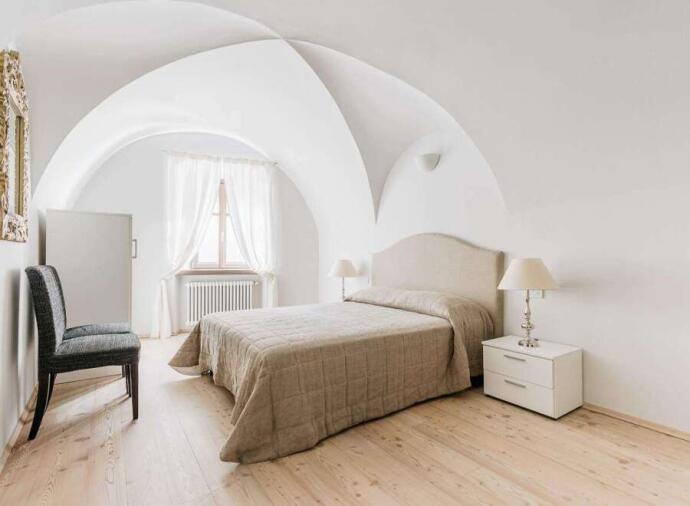
Many countries have a council tax or equivalent requirement. Recently, France has abolished the Taxe d’Habitation for primary residences. Currently, French homeowners are being asked to fill out a form called the Declaration d’Occupation to determine primary and secondary residences, as secondary residences will be subject to taxes.
Insurance
All property owners should get their house insured but it is especially important if you are renting out your home to holidaymakers, as it can protect you from any eventualities.
Holiday home
If you are planning to rent out your ski property to holidaymakers, then there will be additional costs to this too. You will need to employ a cleaner to freshen up the property between stays. Plus, a changeover service will be necessary to hold the keys, the deposits, and the handover. They can also check the property for damages and liaise with clients on your behalf. Additionally, many countries require that you have a pay for a licence to rent out your property.
Moreover, your earnings from renting out your property will count as income and be subject to taxes. Fortunately, most countries have a Double Taxation Agreement, so you will only be taxed in one country, and not in both.
How can you manage the costs effectively?
Budgeting for the ongoing costs of an overseas property is distinct from budgeting for a home in your own country because of fluctuations in the exchange rate. Socio-economic events have an impact on currency every day, meaning that the exchange rate of the pound to the euro (or dollar) could move against you. Consequently, even after you have calculated your monthly payments for your ski property, they remain in flux due to ever-changing exchange rate.
While, sadly, you cannot stop the markets from moving, you can contact currency specialists Smart Currency for assistance. They can organise a Forward Contract: this enables you to lock in an exchange rate for up to twelve months, allowing you to budget efficiently. You will be given a personal trader, who will advise you on the best time to lock in an exchange rate.
Additionally, you can arrange for Regular and Automated Payments. These are especially useful for set costs: council tax or a fixed water bill.
Regular and Automated Payments saves you the time and hassle of having to remember to make lots of individual payments. Plus, combined with a Forward Contract, your payments can happen at a fixed time, at a fixed exchange rate, seamlessly. This allows for even more effective budgeting.
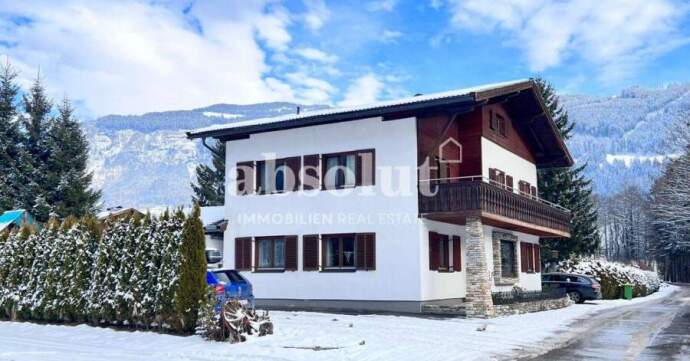
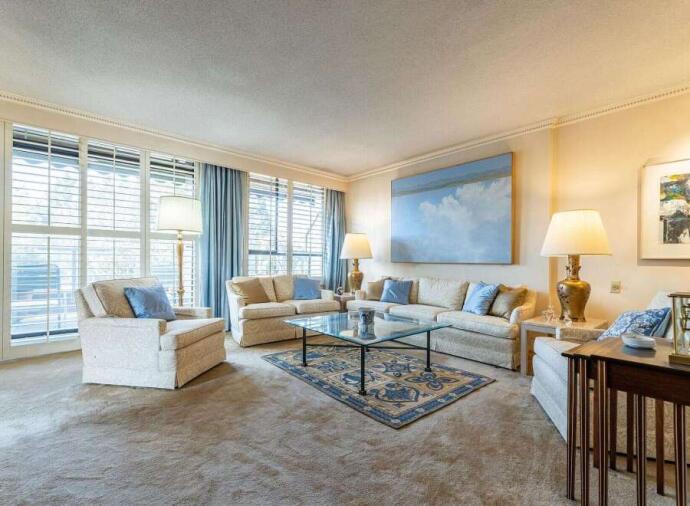
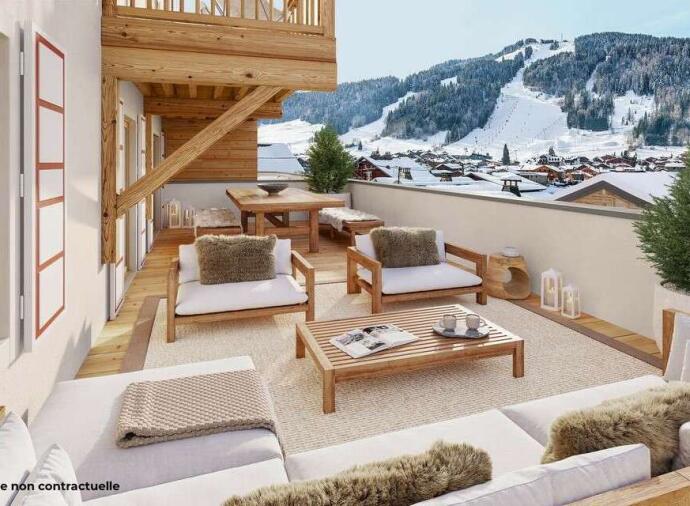
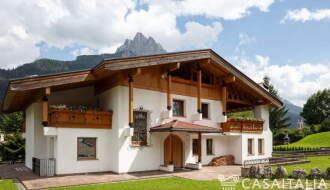
 Feb 26, 2024
Feb 26, 2024

